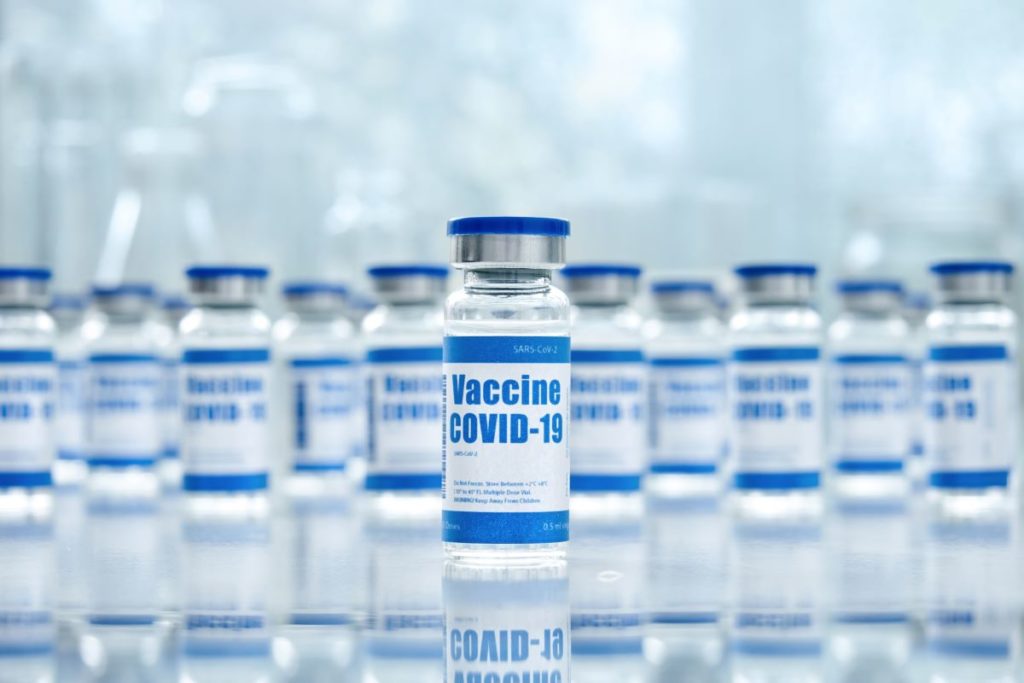Sanofi and GSK received approval for their Phase 3 clinical study in India, to assess the safety, efficacy and immunogenicity of their adjuvanted recombinant-protein COVID-19 vaccine candidate. The global, randomised, double-blind Phase 3 study will include over 35,000 volunteers aged 18 and older across sites in the US, Asia, Africa, and Latin America.
As COVID-19 vaccination becomes available, study participants are encouraged to receive an approved COVID-19 vaccine during the study, if they wish to do so. As part of the study design, all participants including the control group will be offered the study vaccine as soon as it is determined to be safe and effective.
“India is participating in Sanofi Pasteur’s pivotal Phase 3 study, and subject to subsequent approvals, we should soon begin enrollment of study participants in the country,” said Annapurna Das, Country Head, Sanofi Pasteur India.
“As the virus continues to evolve, we are anticipating what will be needed in the coming months and years, and accordingly, have adapted our vaccine development program. We believe our COVID-19 adjuvanted, recombinant vaccine can make a significant contribution to the ongoing fight against COVID-19 and are committed to initiating our clinical program in India, at the earliest,” she added.
The primary endpoint of the study is the prevention of symptomatic COVID-19 in SARS-CoV-2 naïve adults, with secondary endpoints being the prevention of severe COVID-19 disease and prevention of asymptomatic infection.
In a two-stage approach, the study will initially investigate the efficacy of a vaccine formulation targeting the original virus strain (D.614), while a second stage will evaluate a second formulation targeting the Beta variant (B.1.351). Recent scientific evidence shows that antibodies created against the Beta variant may provide broad cross-protection against other more transmissible variants.
A statement informed, “The design of the Phase 3 study, conducted across a broad diversity of geographies, also allows evaluation of the efficacy of the candidate against a variety of circulating variants. Sanofi and GSK will also run clinical studies to assess the ability of the adjuvanted recombinant-protein COVID-19 vaccine candidate to generate a strong booster response regardless of the type of vaccine initially received.”
It added, “The Phase 3 study initiation follows the global interim Phase 2 results which showed that the adjuvanted recombinant COVID-19 vaccine candidate achieved high rates of neutralising antibody responses in all adult age groups, with 95 to 100 per cent sero conversion rates. After a single injection, high neutralising antibody levels were also generated in participants with evidence of prior SARS-CoV-2 infection, suggesting strong potential for development as a booster vaccine.”

 In a two-stage approach, the study will initially investigate the efficacy of a vaccine formulation targeting the original virus strain (D.614), while a second stage will evaluate a second formulation targeting the Beta variant (B.1.351)
In a two-stage approach, the study will initially investigate the efficacy of a vaccine formulation targeting the original virus strain (D.614), while a second stage will evaluate a second formulation targeting the Beta variant (B.1.351)











.jpeg)











.jpg)








